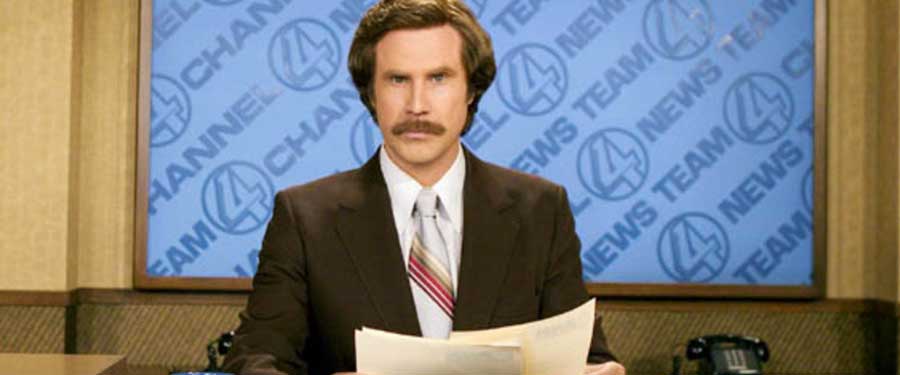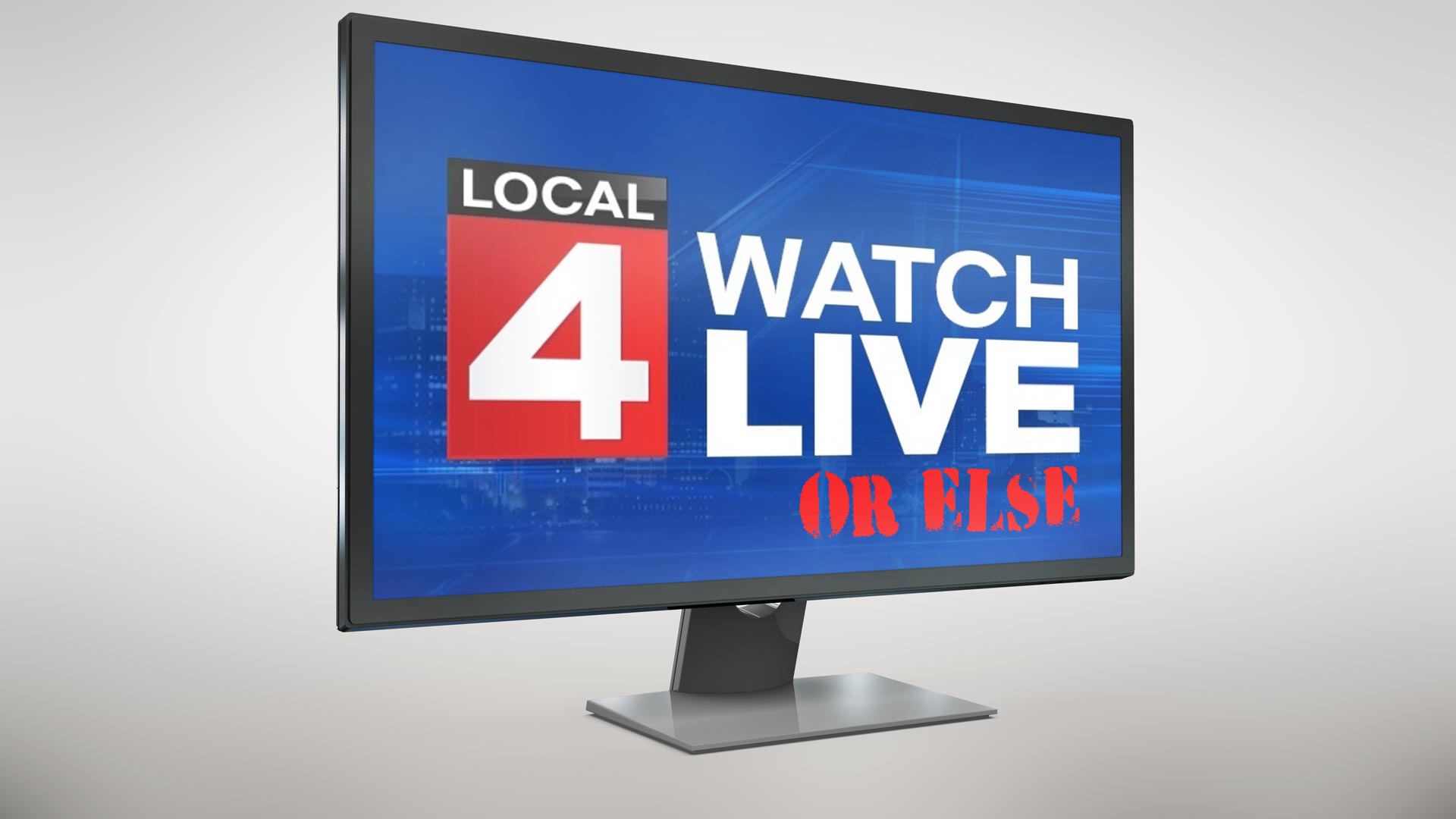In Part 1 and Part 2, we wrestled with the question of whether we need to keep ourselves up to date on the decline of our once-great nation, or whether we could just watch The Bachelor instead. Does tuning out instantly make you part of the problem?
Richard Rosenbaum: FWIW, Pete, I agree with you about it not being an obligation to be informed (and actually that being informed beyond your capacity to be useful is actually harmful). And I also agree with you regarding the distinction between positive and negative rights. You are not morally obligated to put your life or livelihood at risk to save someone else.
That said, I think the obligation must derive from some kind of innate value of human life, not any utilitarian calculation of hedons vs dolors. You aren’t obligated to risk yourself for someone else, but you ARE obligated to save someone else at no or relatively little risk to yourself. So it’s of no use to stay informed of things that you can’t possibly affect, but it’s immoral to shut the window so as not to bothered by the person having the shit beaten out of them across the street from you. You don’t morally have to intervene yourself, but you do morally have to call the police. You don’t need to seek out wrongs to right, but you do need to right the wrongs that present themselves to you that are in your power to right.

Pete Fenzel: So, would you say that “You must not” and “It is immoral to” are synonymous?
Matt Wrather: Isn’t that a question of enforcement? I mean, we recognize a difference between moral goods we enforce (pay taxes) and those we don’t (bike to work if practicable).
Fenzel: Yeah, I’m just saying I don’t see much practical value in framing unenforceable moral goods as obligations for their own sake–especially with regards to others. In practice they are not obligatory, and demanding obedience when you have no means to punish disobedience can reduce your legitimacy as an authority for situations where you do need it.
If it’s something you actually want people to do, you should recognize that with the decline in global trust in institutions, the default authority of conventional social ritual and hierarchy has been collapsing around the world. This is not just the “woke,” this is everybody.
And I think a lot of the comfort in stating moral obligations came from the unseen institutional trust that prompted contingency obedience, a trust that was characteristic of the 20th century and is fading away.

Hmm, that there social fabric is looking a mite frayed.
Nowadays, if you want somebody to do something, you should give them a reason to do it, or set it in a context that presents a contingent obligation. Like I have no categorical obligation to serve turkey to people coming over to my house for Thanksgiving, but in the context of past Thanksgivings and the implicit promises I made, to my knowledge or not, when I invited them to stay over, I created a responsibility. And if I don’t do it people will cry and be mad at me and think I’m an asshole, and also I will be less happy and less virtuous and less connected to people if my disregard for others becomes a habit, which I ought to guard against for my own sake.
Or if I bring a child into the world or adopt a child I am taking responsibility for them, and that involves contingent responsibilities, and it is in my moral interest that I live up to them.
Similarly if I become the moral police for my friends and acquaintances, threatening imaginary unspecified or otherwise fabricated punishments, it seems doubtful in practice that I will be able to persist in good intention while doing it, so whether you’re ontological or consequentialist it might be a bad idea for me morally as well as practically.
But to go back to the rope ladder and the tiger pit, saying you have an obligation to save Matt might be a shorthand for saying the benefits are so clear and profound and the cost so little that refusing to do it would incur huge problems for yourself and others to the point where it is really really undesirable – to where the waveform of preference appears to collapse on the particle of obligation.

I’d tell you this is the last picture of a tiger you’ll see in this series, but I have no confidence in that statement.
But I’d still be glad to pay someone to do it, or arrange a socialized government agency to do it, or accept that if I make an effort to lead by example and show that it is important to me people might be more likely to follow.
And I might even go so far as to say that asserting an obligation for someone else creates, more often than not, an expectation that a punishment will occur, and if it doesn’t, you have been the one to participate in an immoral act, because of your dishonesty and the effect of your actions on trust and actual obligations.
Rosenbaum: So Pete, would you say then that the news as an entity creates an implied obligation on people that they can’t possibly fulfill? The News as Impotent Authority that undermines people’s willingness to bother doing anything at all? That would certainly comport with the way media has been making me feel on an intuitive level.
Fenzel: Yeah, that’s a cool idea! Perhaps there is a discourse of “The News” that makes the case that you have an obligation to watch or read the news “or else.” There is a fear to it and a threat. I’m not sure whether it’s the actual news doing it or people who are upset and want a sense of control of the world or both. Certainly some kinds of news do this more than others. I do think it makes sense with elections for people who can vote, but that extending the election forever, all the time, and the amount of information you must have to infinite is dishonest and makes it a tyranny again.
I actually swore off TV news for about 15 years, only really seeing it at the gym or at other people’s homes. I was still reading tons of news online and subscribing to multiple newspapers and magazines, but TV news was too much — too much superiority and cruelty and manipulation — the obligation felt like it was entirely on me to accept what these people said, and it was so often trash.

I didn’t create this graphic but I wish I had.
But I started watching local news sometimes with my fiancé recently, maybe once every two weeks and sometimes it is really nice. I feel good being informed about my community, I feel good preparing appropriately for the weather when it helps me help other people (like by not canceling plans at the last minute or by not stonewalling small talk). I even got the local news weather app on my phone.
And I get the sense from my local news that they are trying to be good. That they see their job as a duty, but don’t look at me with cruelty or demand. They don’t try to scare or manipulate me too much. They seem to speak honestly and candidly about themselves, showing a little vulnerability. They have a sense of scale and scope, and what they ask from me is reasonable, not bottomless.

Stay classy, local news market.
Reporters who do really in-depth work and really tell us things we need to know do us a great service, as well. But if we do not punish the diminishment of that service with less watching then we are the ones making a lie and a dishonor out of the contingent duties of the press.
Rosenbaum: Do you think that it’s even possible to have World News that makes you feel the way that Local News does? Is it a matter of the quality of the content that makes you feel bad, or it just that what is being reported is inherently demanding and manipulative even if it isn’t deliberate?
Is it a Dunbar’s Number kind of problem? A Star Wars Solution to a Dunbar’s Number Problem. You can’t just get into your X-Wing and personally blow up the Death Star. You don’t even know anyone who can!
Fenzel: I wish that it were true, but I’ve seen Nightcrawler too recently to believe it. I probably just like this newscast.
Maybe what I’m trying to posit is a dimension of journalistic integrity for some hopeful future, where the partnership between the press and the citizenry extends to the press finding ways to bring goodwill and good intention into the covenant with their audiences.
Where the news leads by example so it isn’t on us to feel obligated to watch them – where it helps us be better people, which should make us, in general, happier for the exchange. Though of course not perfect.
The economics and power dynamics make that difficult, of course. The press is barely surviving its current assault. And it would be easier to do this for the rich than for anyone else, but would only really matter if it helped the people who actually need it.
Like a lot of things in “not going anywhere anytime soon” capitalism, it will only work if you pay people enough to make it worth it, as well, which is the biggest problem at all. Because if you can’t pay your own people you just bring on people someone else is paying and then it stops being news and is just “thought leadership.”

Rosenbaum: The alternative (people reporting news for Our Own Good) easily turns into propaganda or created a collective action problem, so I’m not sure that this would be feasible even outside of capitalism (if there were any such thing as “outside of capitalism”).
Fenzel: Let me toss this out there: if you’ve decided you either feel obligated to be better informed or think it would be good or good for you to be better informed, but it’s causing you pain and hurting your quality of life to be as informed as you think is good, are there other ways to achieve this good or close to this good without the hit to your quality of life being quite so bad?
Rosenbaum: You know, I genuinely cannot think of any.
Fenzel: Well, let’s say you decided to read a book about the Syrian Civil War. When you finished the book, you’d probably have more information and more competence talking about it than you would get from a month of news.
By “informed” though, do we mean in knowledge, or is there a fantasy about rage, lack of sleep, and general upset paying a cost associated with blood, the good, or justice?
Rosenbaum: Reading that book is almost certainly superior to watching the news, both because more facts will presumably have been available by publication time so I’m more likely to have an accurate picture, and because books don’t easily lend themselves to being shared on Facebook by friends whose hot takes generate a relentless sense of anomie that instantly vaporized any hope you once had that things will ever get better. (Just me? No?)
Jordan Stokes: Books take years to come out though. By the time Eaten By Tigers: The Matt Wrather Story comes out, it will be too late to do any good. (Of course, this only matters if you think that the important thing is reacting to the news.)

Look, this one has a baby.
The other problem is that without listening to the news a little, you will never learn that there is a war in Syria, and thus never read the book. So this approach implies a certain baseline level of headline-scanning.
And in any case, this is still trying to stay informed. I think we are sort of talking about two different meanings of “the News.” On the one hand, we are asking if we should read the actual news media that are currently available, on the other, we’re asking a more abstract question about our duty to stay informed.
The second question is the one that I find more interesting. (Or rather, I feel like we have to answer it first. If we do have a duty to stay informed, then we can ask how much news-cycle bilge we’re obliged to wash our mouths with in pursuit of that duty. If not, then obviously we’re off the hook.)
Stay tuned for the final part of this epic Think Tank, featuring at least one more picture of a tiger.

Add a Comment